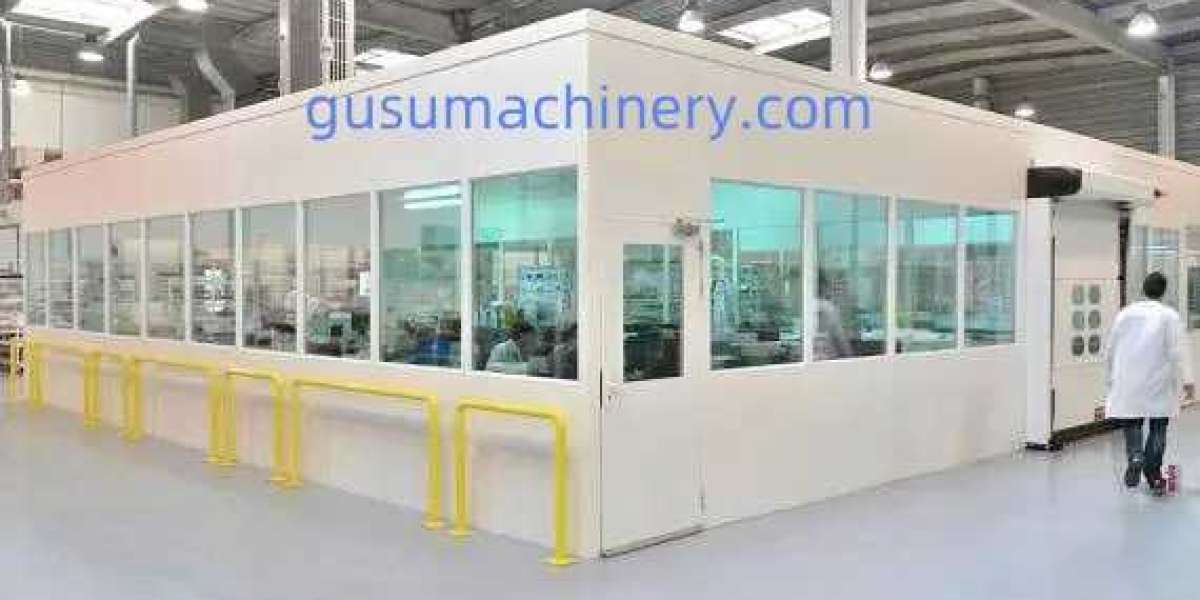Israel Process Analyzer Market
Overview
The Israel process analyzer market is witnessing steady growth, driven by the country’s growing industrial base, advanced technological infrastructure, and increasing emphasis on process optimization and automation. Process analyzers play a crucial role in monitoring and controlling industrial processes by providing real-time analytical data on chemical composition, physical properties, and process efficiency. These devices are essential across industries like oil gas, pharmaceuticals, water treatment, power generation, chemicals, and food beverages.
Israel’s strategic focus on innovation, coupled with its growing energy, water desalination, and biotechnology sectors, is significantly contributing to the demand for advanced process analytical solutions. Moreover, the push towards Industry 4.0 practices is encouraging industries to adopt smart, connected, and automated process analyzers to ensure better quality control, efficiency, and regulatory compliance.
Market Dynamics
The dynamics of the Israel process analyzer market are shaped by several interconnected factors. Industrial sectors in Israel are increasingly shifting towards automation and digitalization to maintain global competitiveness. With environmental regulations becoming more stringent, the need for continuous emissions monitoring and process optimization is growing, thus boosting the demand for sophisticated process analyzers. Moreover, the rising cost of raw materials and energy is compelling industries to enhance operational efficiency through advanced monitoring systems that reduce waste and improve yield. Additionally, Israel's robust start-up ecosystem and RD capabilities are fostering the development of next-generation process analyzers equipped with AI, IoT, and machine learning technologies.
However, the market also faces challenges such as high initial investment costs and the need for skilled technical personnel to operate and maintain complex analyzer systems. Despite these challenges, the market remains resilient due to the country’s strong innovation culture, government support for high-tech industries, and the rising demand for process optimization across various sectors.
Drivers
Several key drivers are fueling the growth of the Israel process analyzer market. Firstly, the country's thriving pharmaceutical and biotechnology industries are heavily reliant on precise process analysis for maintaining product quality, ensuring regulatory compliance, and optimizing production processes. The growing demand for biologics and personalized medicine is further intensifying the need for sophisticated analytical technologies.
Secondly, Israel's water scarcity issues have led to significant investments in water desalination and wastewater treatment plants, which extensively utilize process analyzers for monitoring water quality, ensuring process efficiency, and maintaining environmental standards. The government's focus on sustainable water management is a major catalyst for market growth.
Thirdly, the expansion of Israel’s natural gas exploration and production activities is creating robust demand for process analyzers to monitor gas composition, emissions, and process safety. With the Leviathan and Tamar gas fields playing a pivotal role in the country's energy sector, the need for advanced analytical instrumentation is escalating.
Additionally, the increasing implementation of smart factories and Industry 4.0 initiatives is accelerating the adoption of process analyzers integrated with digital technologies like IoT and AI, which enable real-time monitoring, predictive maintenance, and process optimization.
Technological Advancements and Innovation
Israel is globally recognized for its technological prowess and innovative culture, which is reflected in the continuous advancements in process analyzer technologies. Local start-ups and global companies operating in Israel are developing cutting-edge solutions that combine traditional analytical methods with modern digital tools. Innovations such as non-invasive, inline, and real-time analysis systems are gaining traction, offering industries more accurate, faster, and efficient process control capabilities.
The integration of Internet of Things (IoT) in process analyzers enables remote monitoring and diagnostics, providing valuable insights into process performance and allowing for predictive maintenance strategies. Furthermore, the application of Artificial Intelligence (AI) and machine learning algorithms is enhancing the analytical capabilities of process analyzers by enabling self-calibration, anomaly detection, and adaptive process optimization.
Miniaturization of analytical devices is another significant trend, as compact and portable analyzers are being developed for field applications in industries like oil gas and environmental monitoring. Additionally, advances in spectroscopy techniques, such as Raman and Near-Infrared (NIR) spectroscopy, are enabling faster and more precise chemical analysis, further driving their adoption across various industrial processes.
Market Segmentation
The Israel process analyzer market can be segmented based on type, technology, and end-use industries.
By type, the market is segmented into gas analyzers, liquid analyzers, and particle analyzers. Gas analyzers hold a significant market share due to their extensive usage in the energy, environmental, and industrial sectors for emissions monitoring and process control. Liquid analyzers are prominently used in water treatment, pharmaceuticals, and chemical industries, while particle analyzers are gaining demand in manufacturing and research laboratories.
By technology, the market is classified into Electrochemical, Infrared (IR), Ultrasonic, Tunable Diode Laser Spectroscopy (TDLS), and others. Infrared and TDLS technologies are witnessing high adoption rates due to their non-intrusive, highly accurate, and real-time measurement capabilities.
By end-use industry, the key segments include Oil Gas, Pharmaceuticals, Water Wastewater Treatment, Chemicals, Food Beverages, and Power Generation. Among these, the pharmaceuticals and water treatment sectors are major contributors to the market, driven by regulatory compliance requirements and the need for high-quality production standards.
Challenges and Market Constraints
Despite its growth prospects, the Israel process analyzer market faces several challenges. One of the primary constraints is the high capital investment required for purchasing and integrating advanced process analyzer systems, which can be a deterrent for small and medium enterprises (SMEs). Additionally, the complexity of installation and calibration, coupled with the need for highly skilled technicians, poses operational challenges, especially in sectors with limited technical expertise.
Another significant challenge is the cybersecurity risk associated with connected process analyzers. As industries move towards digitalization and remote monitoring, ensuring data security and safeguarding industrial control systems from cyber threats becomes increasingly critical.
Furthermore, supply chain disruptions and dependence on imported components can affect the timely deployment and maintenance of analyzer systems, especially in geopolitical uncertainty scenarios.
Future Outlook
The future of the Israel process analyzer market appears promising, with strong growth potential driven by technological advancements, expanding industrial applications, and increasing focus on sustainable and efficient manufacturing practices. The convergence of process analyzers with smart factory solutions, predictive analytics, and digital twins is expected to revolutionize process control and optimization in the coming years.
Government initiatives to support high-tech manufacturing, environmental sustainability, and energy efficiency will further stimulate market growth. Additionally, collaborations between global analytical equipment manufacturers and Israeli technology firms are likely to spur innovation and bring advanced solutions to the market.







